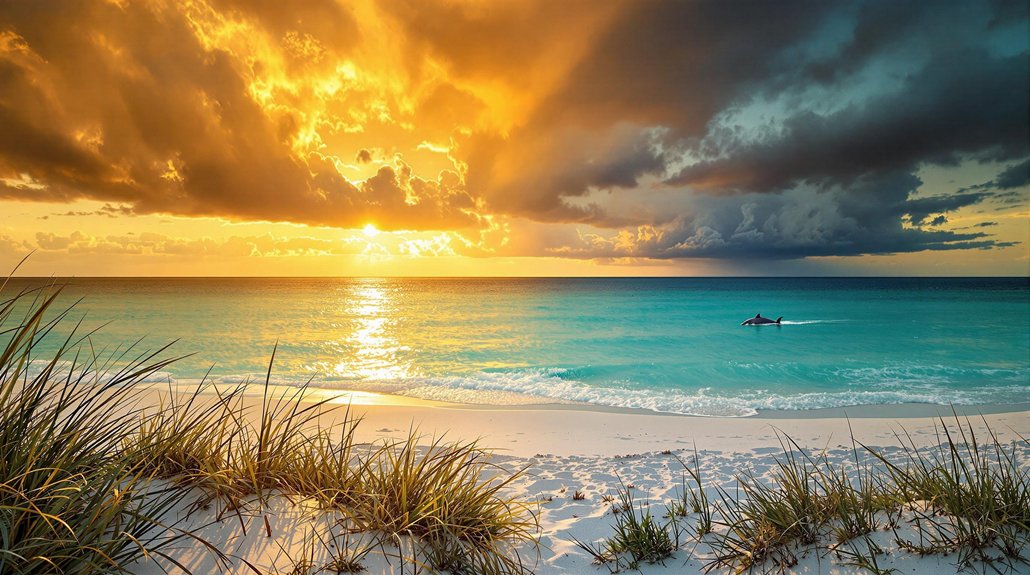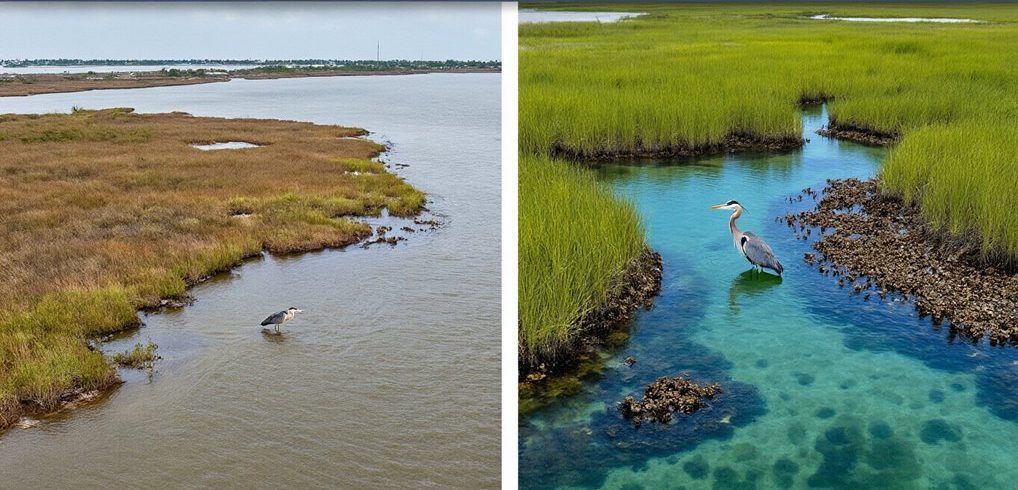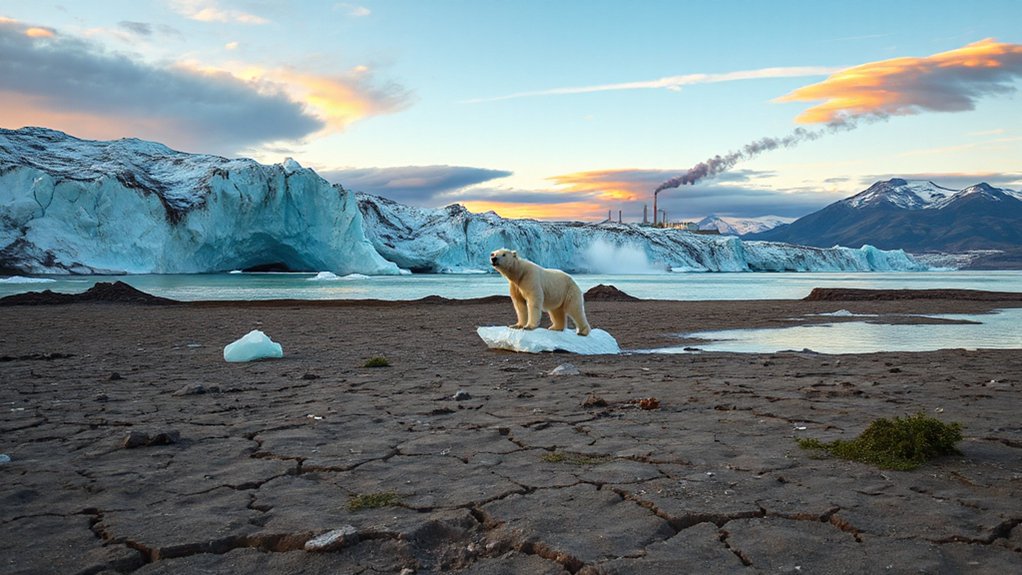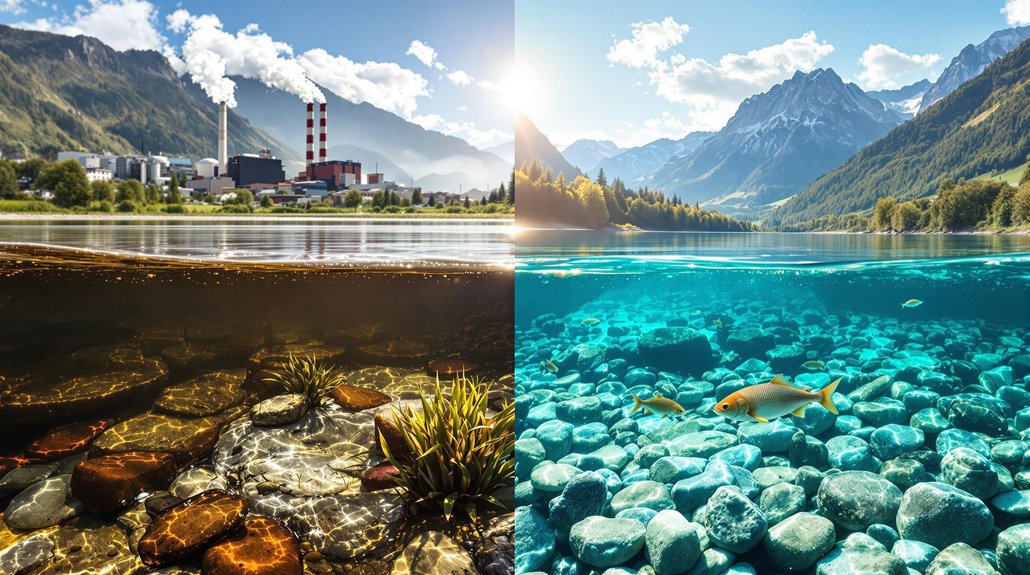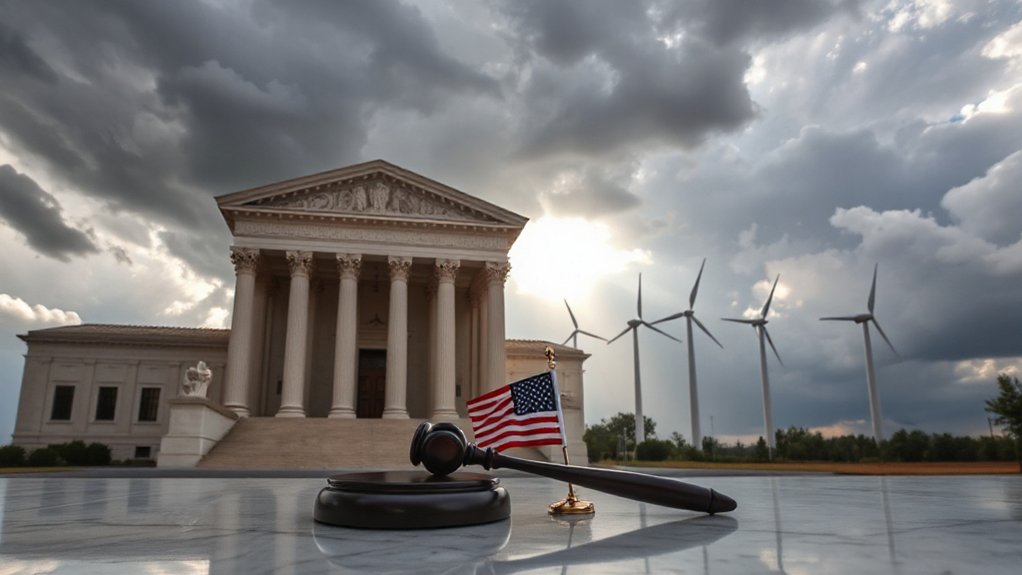Florida lawmakers from both parties are uniting to permanently ban offshore drilling. Republican Shoaf and Democrat Tant are drafting protective plans, while Castor and Buchanan introduced the Florida Coastal Protection Act. The stakes? A $760 billion coastal economy and vital military testing grounds. Trump extended the moratorium until 2032, but Biden wants permanent protections. With 68% of Florida voters backing a ban, politicians are finally listening. The coast’s future hangs in balance.
Nearly every inch of Florida’s pristine shoreline has become a battleground, with politicians from both sides of the aisle finally agreeing on something: offshore drilling is bad news. Representatives Jason Shoaf, a Republican, and Allison Tant, a Democrat, are drafting plans to protect critical waterways from drilling operations. Shocking, right? Politicians actually working together.
Meanwhile, Representatives Kathy Castor and Vern Buchanan crossed party lines to introduce the Florida Coastal Protection Act. Their goal? Make the current moratorium permanent. Because nothing says “Florida” quite like oil-free beaches.
Florida’s best bipartisan dish: protecting paradise from oil rigs and keeping the sunshine state actually sunny.
The stakes couldn’t be higher. Florida’s coastal economy pumps a whopping $760 billion into the national GDP. Oil rigs would threaten tourism, fishing, and that thing Floridians do best – lounging on beaches. Over 100 Florida cities have effectively said, “Thanks, but no thanks,” passing resolutions against offshore drilling.
Voters aren’t messing around either. In 2018, 68% of Floridians approved a constitutional amendment banning drilling in state waters. The message was clear: keep your drills away from our paradise.
Even the military has skin in this game. The Eastern Gulf houses the largest military test range in the continental U.S. Defense leaders argue drilling infrastructure would mess with military training. National security trumps oil, period.
Both Trump and Biden took action, with Trump extending the drilling moratorium until 2032 and Biden citing the Outer Continental Shelf Lands Act to implement permanent protections for 625 million acres off U.S. coasts.
Of course, legal battles loom. Trump’s newest executive order attempted to undo Biden’s protections, but a 2019 federal court ruling suggests presidents can’t simply reverse these withdrawals. Only Congress holds that power.
As renewable energy gets cheaper and fossil fuels become yesterday’s news, the push for an energy shift grows stronger. With 29.1% of electricity now coming from renewable sources globally, the transition away from offshore drilling seems increasingly feasible. Historical data shows that oil spills averaged nearly two per day from 2010 to 2019 across the U.S., reinforcing environmentalists’ concerns. But for now, Florida’s coastline remains caught between energy demands and environmental protection. At least they’ve got bipartisan support on their side. Finally.
The Apalachicola River and Bay are receiving special attention in the legislation as critical waterways that support the Gulf’s fisheries and marine nurseries.
